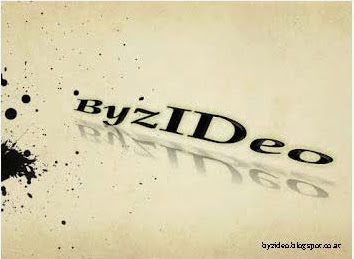Geoffrey D. Dunn/Wendy Mayer (eds.), Christians Shaping Identity from the Roman Empire to Byzantium. Studies Inspired by Pauline Allen, Leiden: Brill, 2015
 |
| CONTENTS |
Christians Shaping Identity
explores different ways in which Christians constructed their own identity and
that of the society around them to the 12th century C.E. It also illustrates
how modern readings of that past continue to shape Christian identity.
The essays collected in Christians Shaping Identity
celebrate Pauline Allen’s significant contribution to early Christian, late
antique, and Byzantine studies, especially concerning bishops, heresy/orthodoxy
and christology. Covering the period from earliest Christianity to middle
Byzantium, the first eighteen essays explore the varied ways in which Christians
constructed their own identity and that of the society around them. A final
four essays explore the same theme within Roman Catholicism and oriental
Christianity in the late 19th to 21st centuries, with particular attention to
the subtle relationships between the shaping of the early Christian past and
the moulding of Christian identity today. Among the many leading scholars
represented are Averil Cameron and Elizabeth A. Clark.



